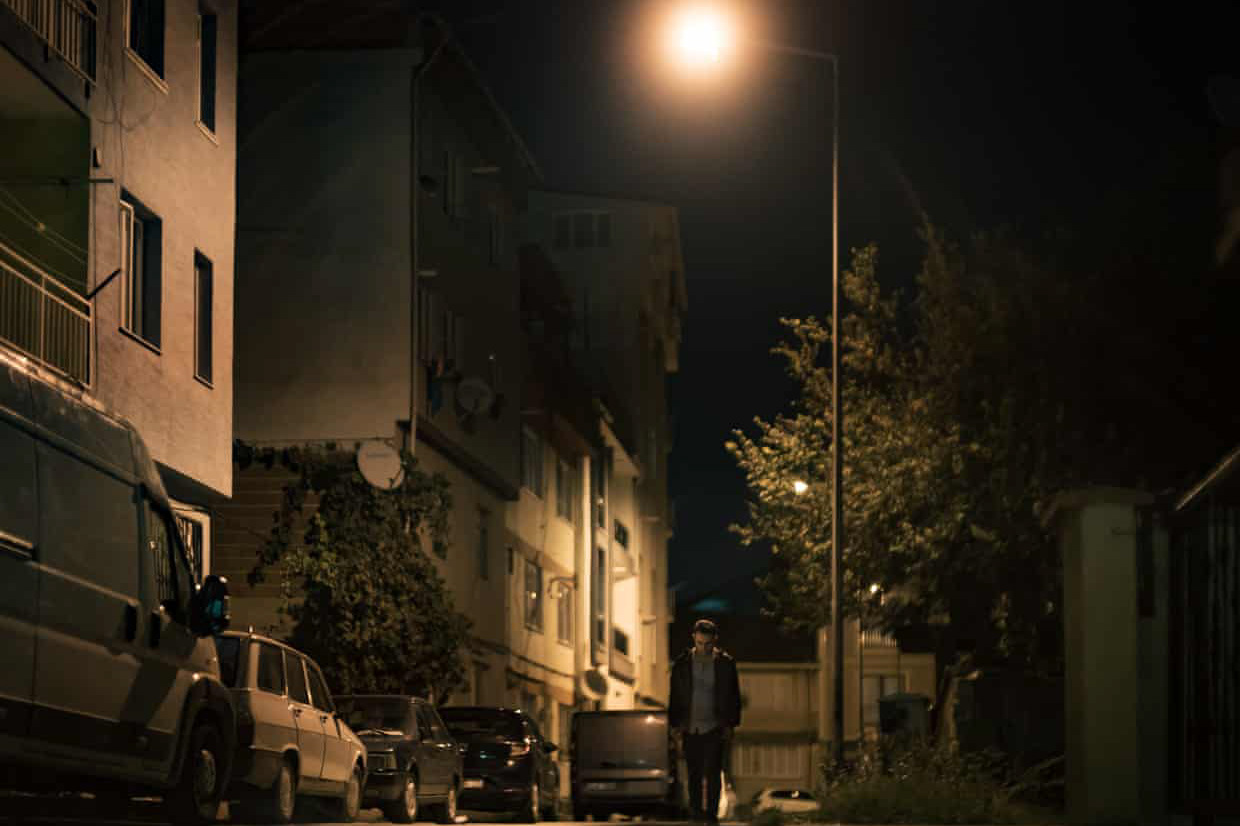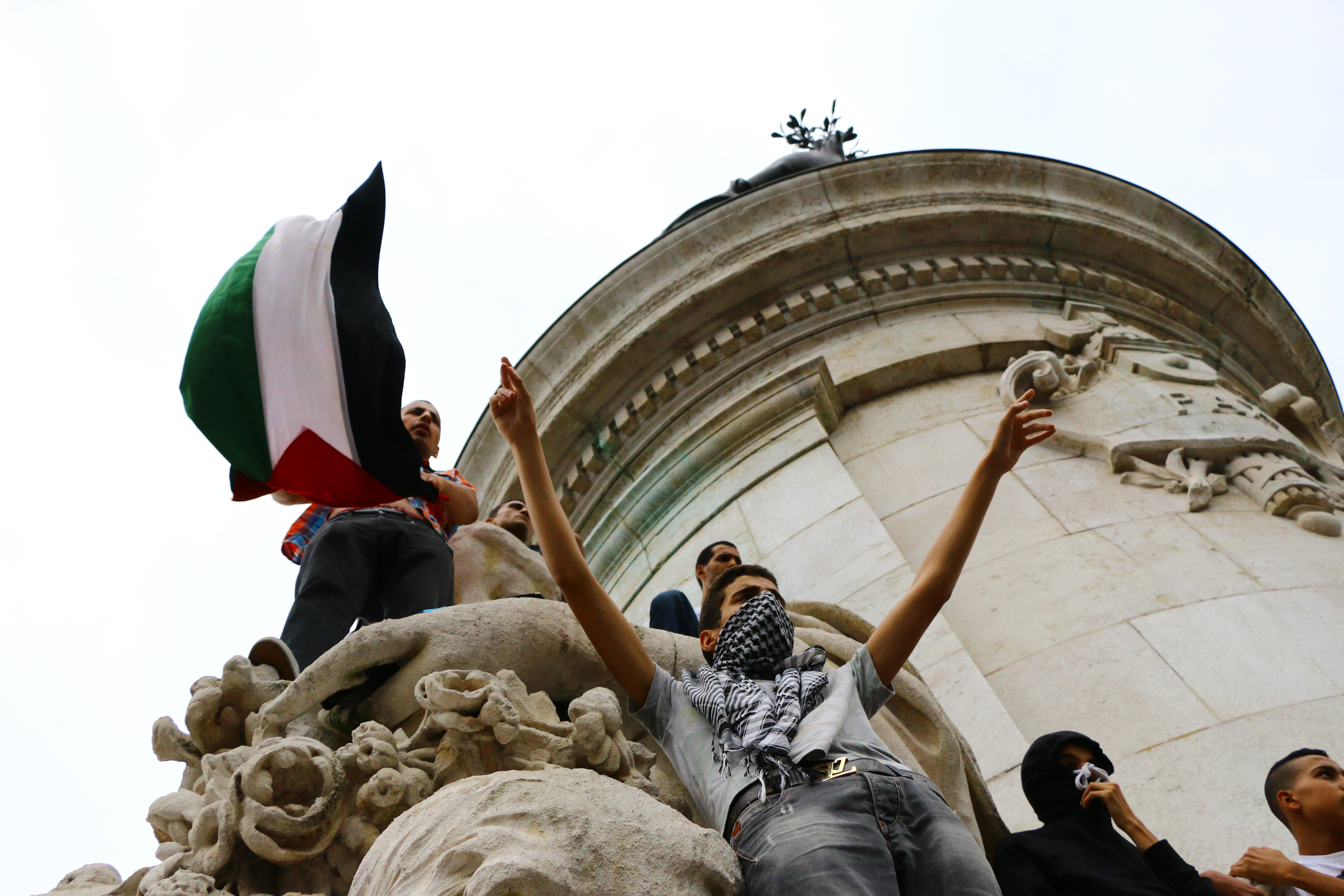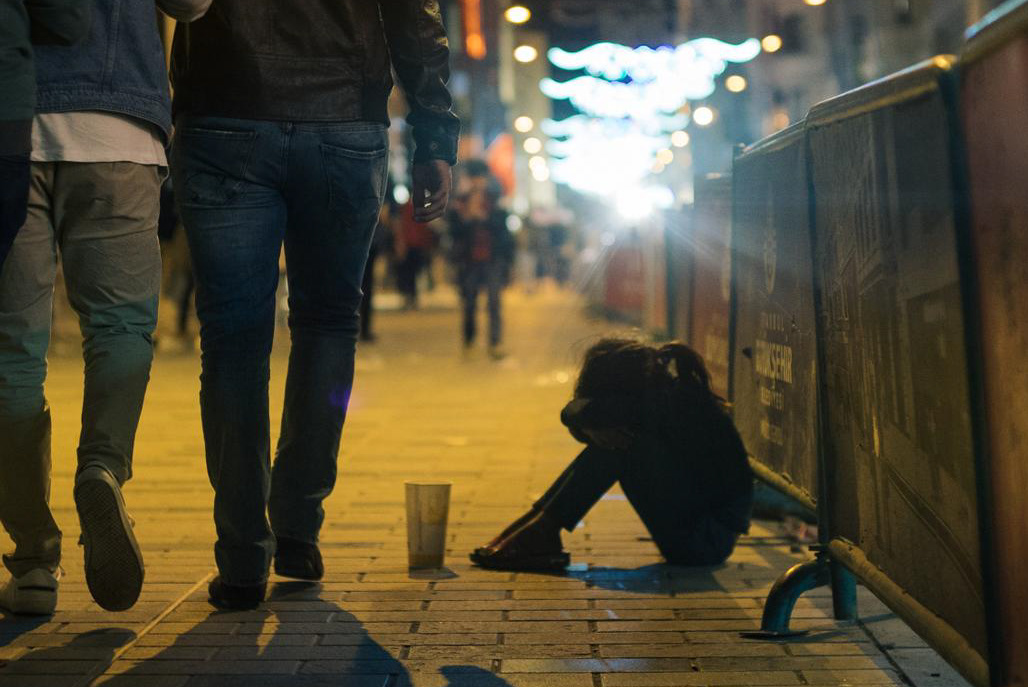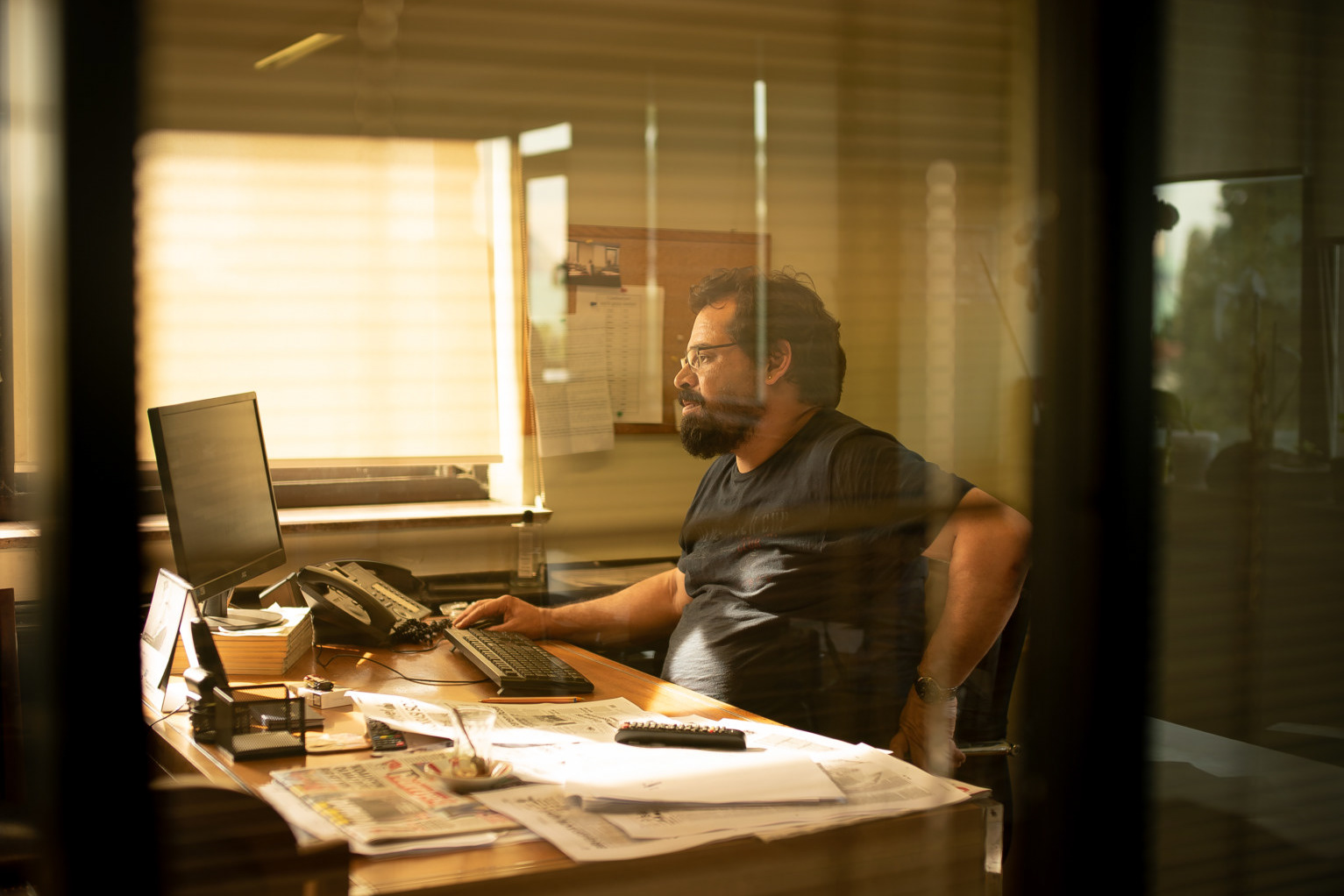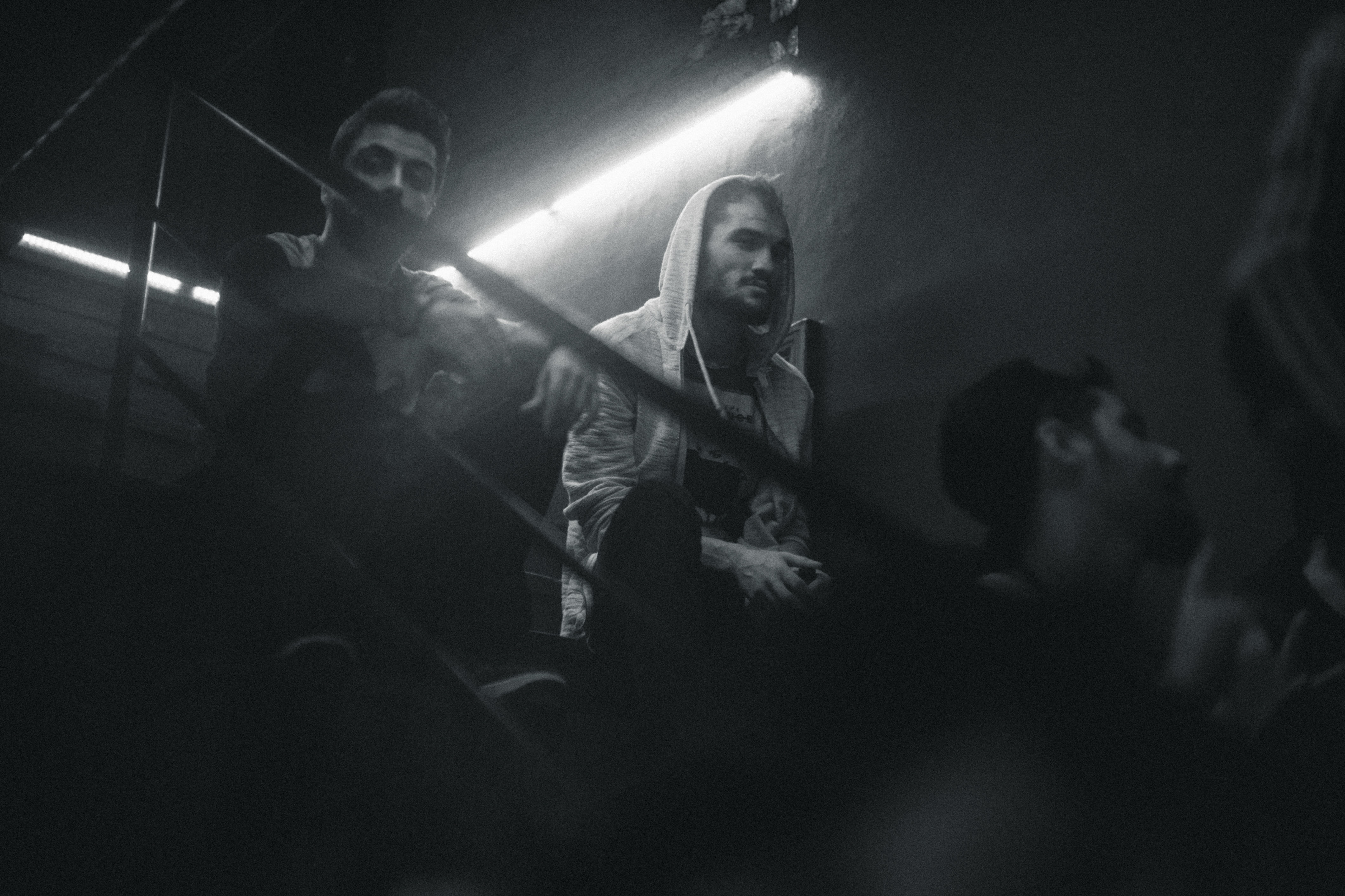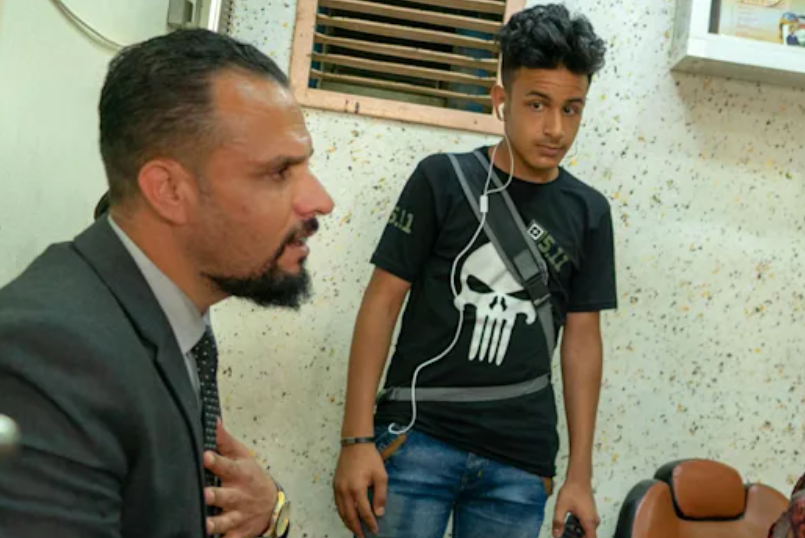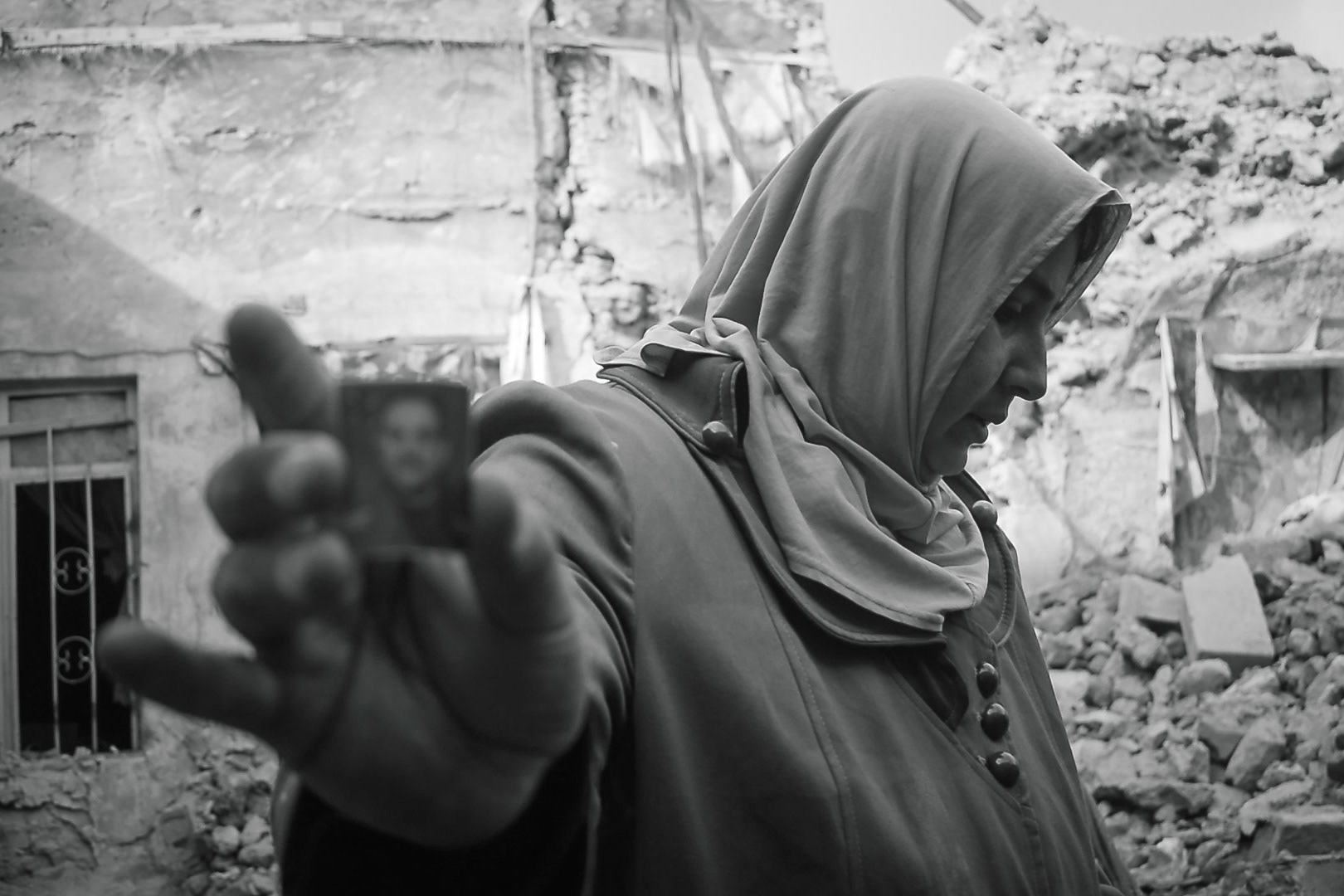Kalashnikov in hand, the man looks into the camera. He stands over a terrified girl, who is pleading for her life.
“Make sure we can see both your faces,” a voice orders.
Behind the shaky camera, another one goads the gunman: “Go ahead, Bashar – cleanse your honour.”
Without another word, a flurry of bullets is fired into Rasha Bseis’s body. It takes nine agonising seconds for her to die.
Rasha had been murdered on camera by her brother, Bashar Bseis, condemned by rumours that she had committed adultery, for which the punishment – in her brother’s eyes – was death.
Even in a war as long and bloody as Syria’s, the execution, shared thousands of times on social media, shocked the Syrian community. The events unfolded after a scorned suitor had posted images of Rasha online. She was dragged from her home in a camp just 2km from Turkey’s border and shot by a soldier it trained and equipped – a fighter enlisted in the Turkish-backed Free Syrian Army.
“What [Bseis] did was not an ethic of the Free Syrian Army and is contrary to the principles of our revolution,” Mustafa Sejari, a spokesman for the FSA, told the Guardian, adding that an investigation was under way and that a military court in Jarabulus had issued a warrant for Bseis.
Weeks later, however, an arrest has yet to be made, and there are fears that, as an FSA fighter, Bseis will never be held to account.
“These are people who see no shame in killing the girl, but actually believe it’s what washes away the shame she has brought on the whole family,” says exiled Syrian writer Loubna Mrie. “An innocent girl is dead because some guy posted her pictures on Facebook.”
While not unique to the Middle East, “honour” killings are a problem deeply rooted in Syrian society, “and not exclusive to one area or sect or faction”, says Mrie.
Even before the war began in 2011, women’s rights groups in Syria estimated that 300 women were killed each year by male relatives, and numbers have escalated during the crisis. Until 2009, killers were allowed to walk free if they justified the act as motivated by honour. The government repealed the law, replacing it with a mere two-year maximum sentence.
“I remember I was nine years old the first time I saw a video of a guy smashing his sister’s skull with a stone while the whole village watched and cheered,” says Mrie.
Such killings are meant to seal the matter, never to be spoken of again – perpetuating a culture of silence that functions to protect the killer.
Women on all sides of Syria’s war are targeted. When violence broke out in 2011, a campaign of mass rape by Assad’s soldiers was perniciously effective in both oppressing communities and provoking defections to the loosely formed Free Syrian Army.
Today, institutional protections for women in rebel-held territories are still severely lacking.
“It’s anarchy – the only rule is by traditions and customs, and the factions,” says Ola Marwa, head of protection at Women Now for Development, which operates in northern Syria.
A culture of shame means Syrian women rarely feel safe to report sexual violence. Even if they do, there are few avenues of support because “there’s no real authority or law to stand on,” Marwa says. “It’s difficult to raise awareness about empowering women to combat sexual violence because even discussing it is seen as incitement for people to go against their culture.”
Rasha’s killing in Jarabulus adds to a host of concerns plaguing Turkey’s allies in northern Syria, and raises questions over the future rule of law in the areas its military has intervened.
Turkey has made significant investments into rebel-held Syria – training its police force, building roads, hospitals and even branches of the Turkish postal service. By managing FSA groups, officials say they seek to bolster rebels more in line with its values, while sidelining extremist elements.
“We condemn this incident very clearly and explicitly,” says Leyla Şahin Usta, human rights chair of Turkey’s ruling AK Party.
“We are making efforts to correct mistakes made – the FSA has their own police force and their own courts. As the observer country, we advise them on the norms of human rights – but at the end of the day, the FSA is in charge.”
In June, a UN report raised concerns about sexual harassment and other human rights violations endangering the rule of law in Turkey’s newly conquered territories.
“Turkey has, at least publicly, tried to professionalise their rebel allies inside Syria – but they have not invested heavily in doing that,” says Haid Haid, research fellow at the International Centre for the Study of Radicalisation. “That’s why you still have rebel groups committing atrocities, attacking civilians, preventing courts from arresting people, which allows some to violate the rights of others with immunity.”
A senior commander in the Turkey-backed rebel coalition adamantly denied reports of fighters committing sexual assault against local women, and vowed those who did would face a military court. “These crimes are unforgivable, and anyone who commits them will face their fair destiny,” Colonel Haitham Afisi told the Guardian.
Bashar Bseis nonetheless managed to flee to his hometown, Kastoon in Hama, outside FSA control. By the laws of the Islamic sharia courts that operate there, if he finds four witnesses to testify that Rasha committed adultery, he will be exonerated in her killing.
“Turkey definitely has a responsibility to hold its allies accountable when it comes to courts,” says Haid. “They don’t have the force yet to enforce their decisions, especially on rebel members.”
Still, “honour” killings may not be an issue the FSA is able or willing to solve, Mrie says. She questions the FSA’s motivations for starting the investigation and issuing the arrest warrant.
“I don’t know if they are doing this because they believe this guy should be held accountable, or just because it went viral on social media.”
